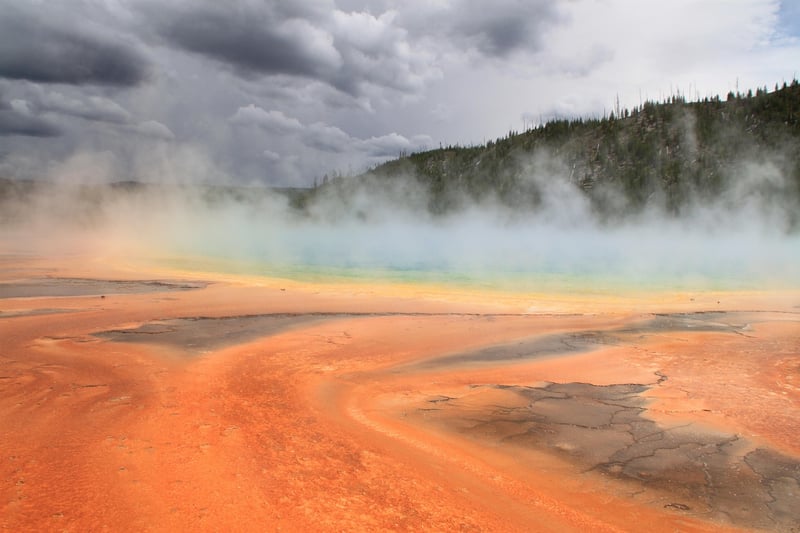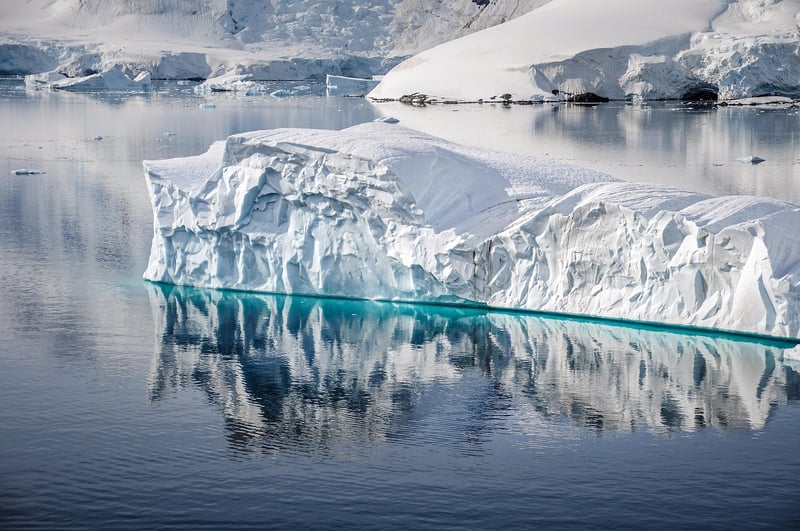Extremophiles Study
Exploring Life in the Cosmos: Extremophiles Study
As humans continue to delve into the mysteries of the universe, one of the most intriguing questions remains: Is there life beyond Earth? Scientists believe that the key to answering this question lies in studying extremophiles, fascinating organisms that thrive in extreme environments previously thought to be uninhabitable.
What are Extremophiles?
Extremophiles are microorganisms that can survive and even flourish in environments with extreme conditions such as high temperatures, pressure, acidity, alkalinity, or salinity. These resilient creatures have been found in some of the harshest places on Earth, from deep-sea hydrothermal vents to acidic hot springs to polar ice caps.

Significance of Extremophiles
Studying extremophiles not only expands our understanding of life on Earth but also holds great importance in the search for extraterrestrial life. The ability of extremophiles to survive in extreme conditions suggests that similar organisms could exist on other planets, moons, or even within comets.
Types of Extremophiles
- Thermophiles: thrive in high temperatures
- Halophiles: thrive in high salt concentrations
- Acidophiles: thrive in acidic environments
- Alkaliphiles: thrive in alkaline conditions
- Psychrophiles: thrive in cold temperatures
- Barophiles: thrive in high-pressure environments
Implications for Astrobiology
Extremophiles challenge our conventional understanding of where life can exist and offer insights into the potential habitability of other planets. By studying these resilient organisms, scientists hope to uncover clues that could lead to the discovery of life beyond Earth.
Future Prospects
As technology advances, researchers are increasingly focused on exploring extreme environments on Earth and beyond. The study of extremophiles continues to captivate scientists and space enthusiasts alike, offering a glimpse into the boundless possibilities of life in the cosmos.

Join us on this exciting journey of discovery as we unravel the mysteries of extremophiles and their implications for the search for life in the cosmos.
